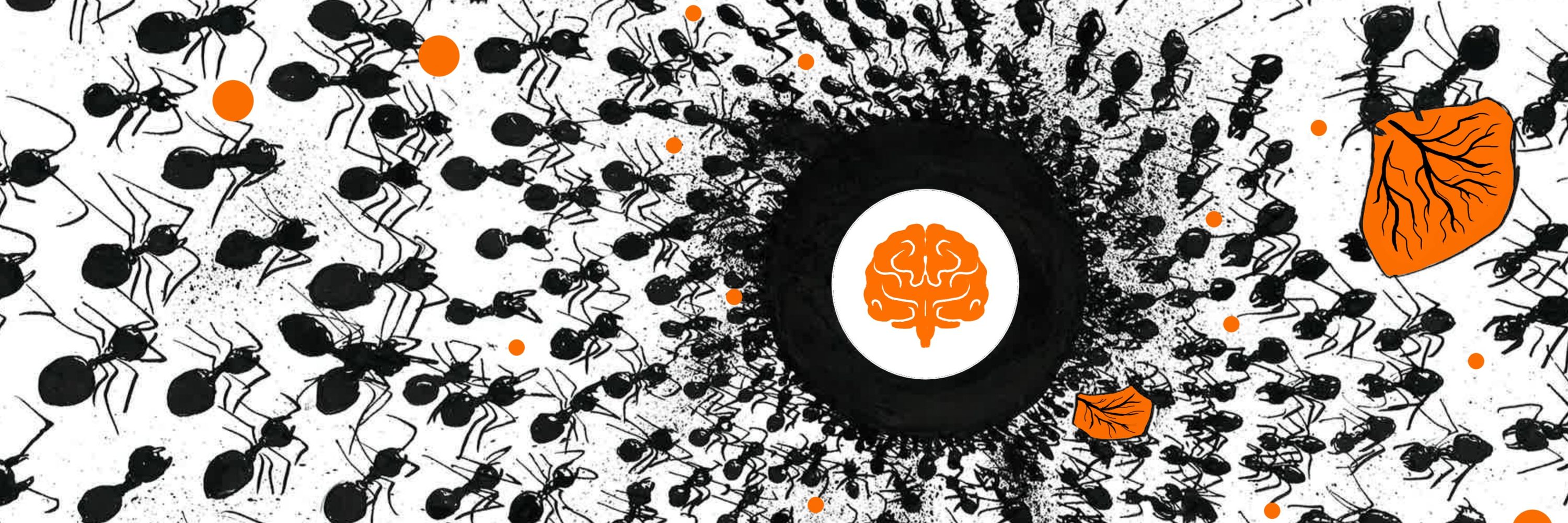
Karoline Wiesner: https://www.karowiesner.org
University Website: https://www.uni-potsdam.de/de/complexity-science/



It reveals that, apparently, political systems behave like physical systems. Countries, over time, form this well-defined map, and their movement across this map can tell a lot about the stability of the regime.
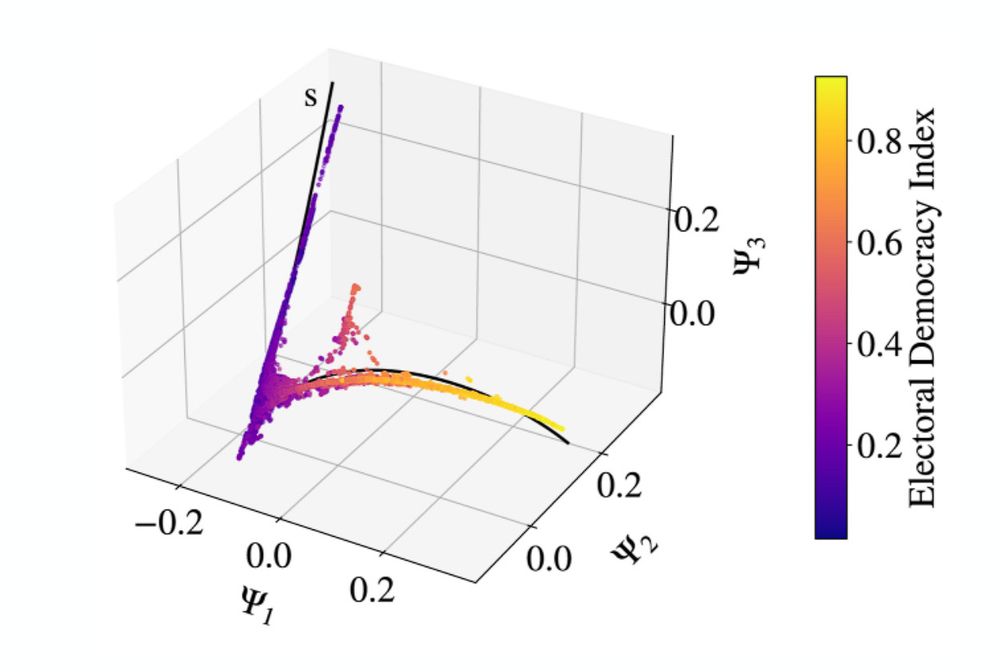
It reveals that, apparently, political systems behave like physical systems. Countries, over time, form this well-defined map, and their movement across this map can tell a lot about the stability of the regime.
Differences between autocratic regimes can thus be uncovered.
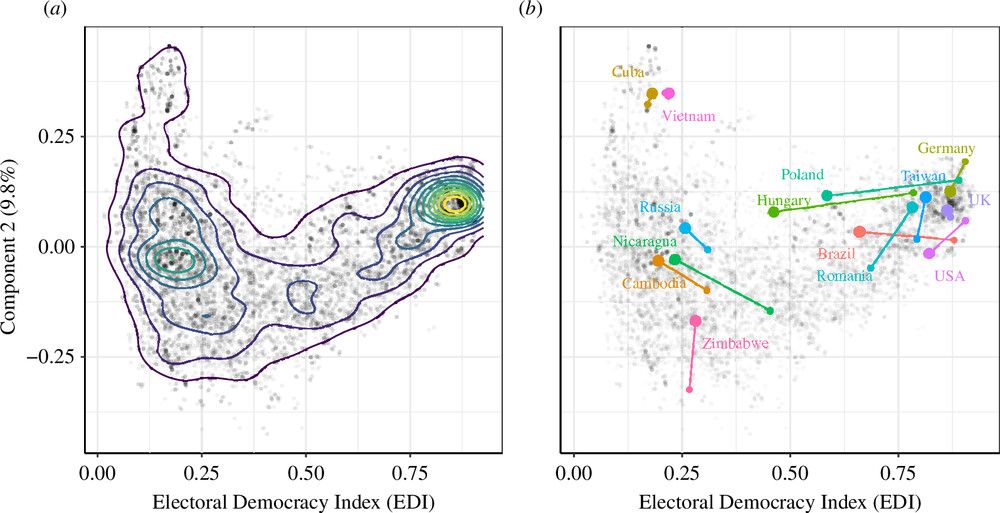
Differences between autocratic regimes can thus be uncovered.
1/6 🧵Here's a thread on @karowiesner.bsky.social's research and the many papers she has published on this topic!
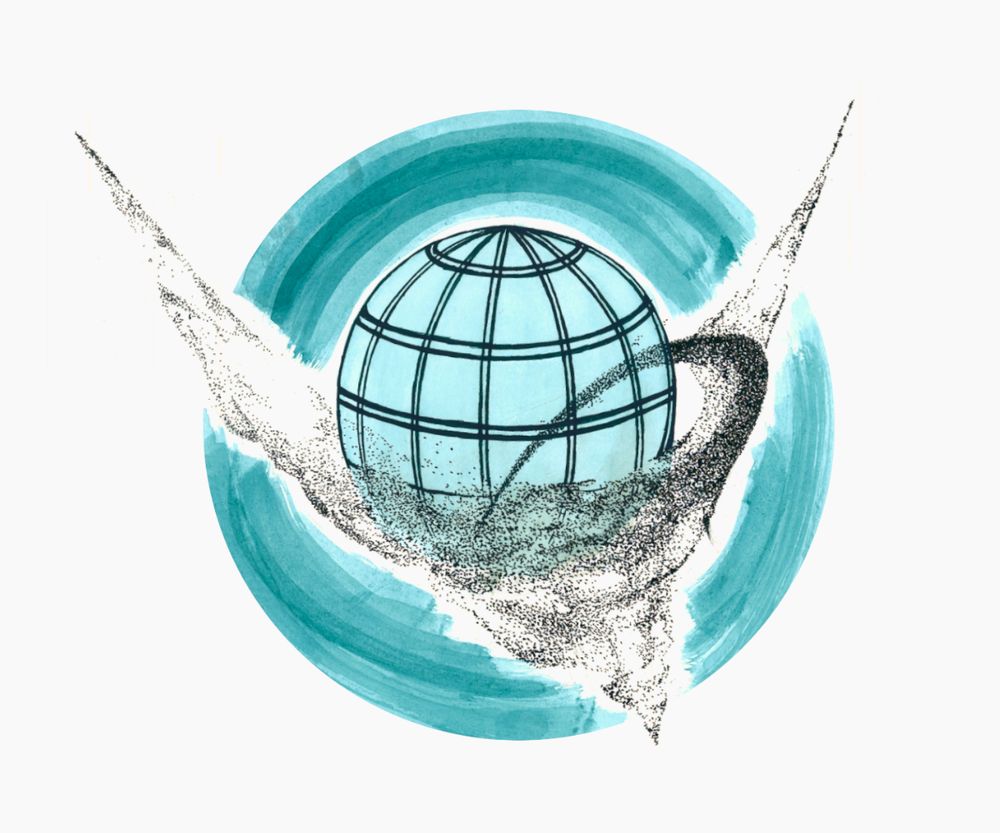
1/6 🧵Here's a thread on @karowiesner.bsky.social's research and the many papers she has published on this topic!
Understanding the extent of ecological damages helps take measures against them.
With low computational costs, this model for the robustness of a #complex system can prove useful in future.
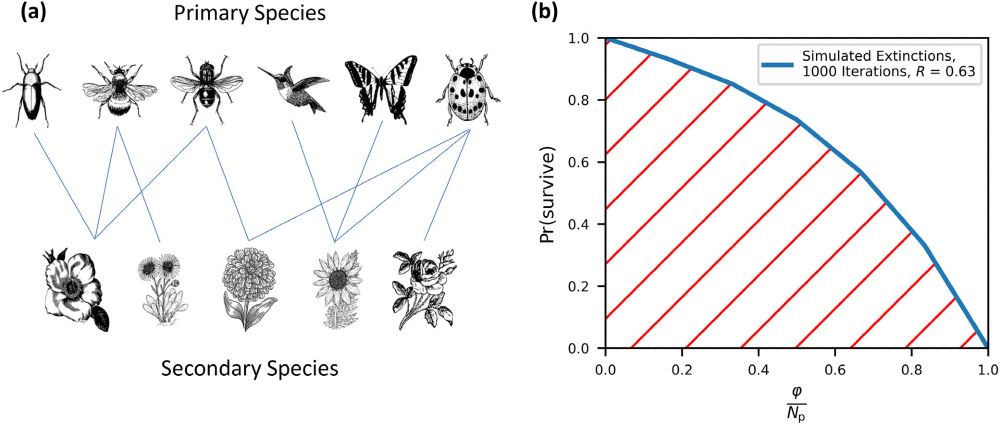
Understanding the extent of ecological damages helps take measures against them.
With low computational costs, this model for the robustness of a #complex system can prove useful in future.
As a country goes through political change, it moves along this curve. Its development can be traced, and jumps and static phases linked to real life events and phases!
Using tools from statistical physics, distinct types of behaviour have been identified in the data.
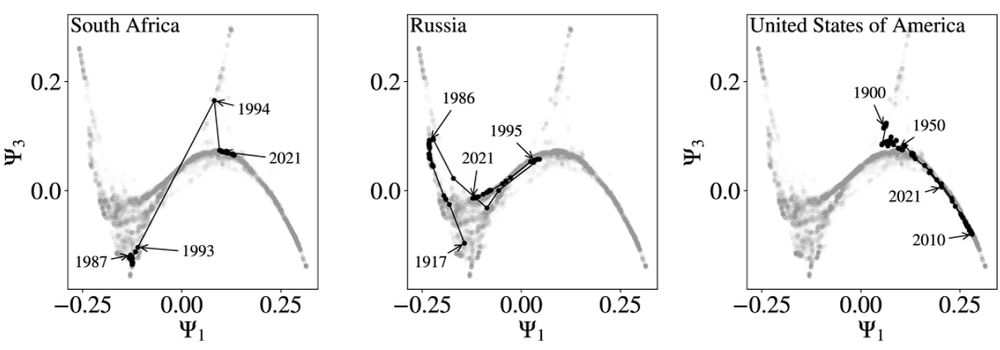
As a country goes through political change, it moves along this curve. Its development can be traced, and jumps and static phases linked to real life events and phases!
Using tools from statistical physics, distinct types of behaviour have been identified in the data.
Taking 25 variables out of the V-Dem dataset describing the “democraticness” of each country every year and simplifying them using diffusion to fit in a three-dimensional space, the data forms a curve - not a cloud of points - summarising the whole dataset considered.
Surprising, isn't it?
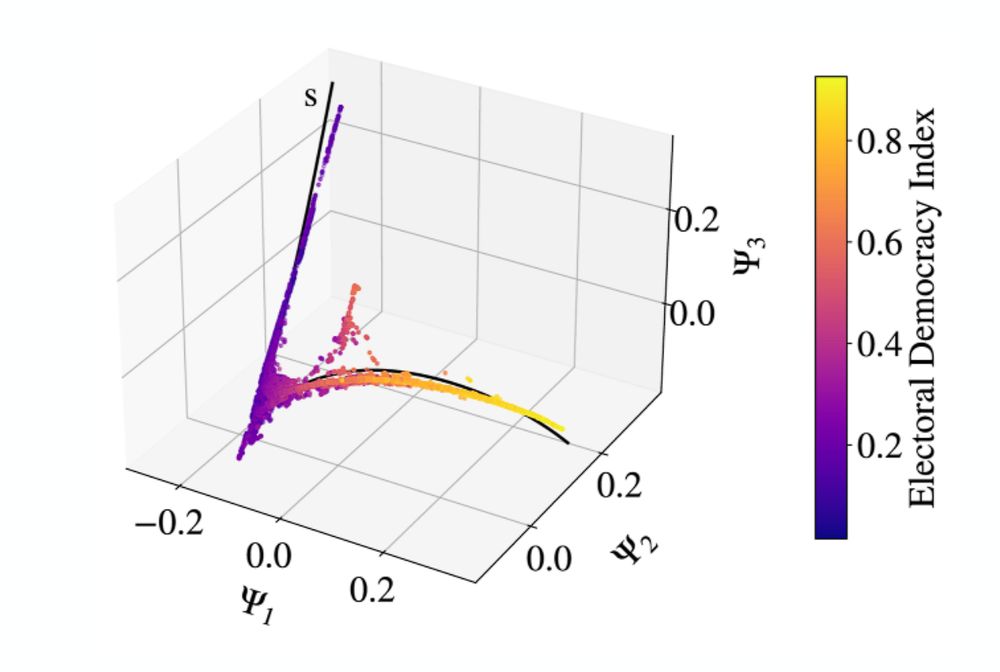
Taking 25 variables out of the V-Dem dataset describing the “democraticness” of each country every year and simplifying them using diffusion to fit in a three-dimensional space, the data forms a curve - not a cloud of points - summarising the whole dataset considered.
Surprising, isn't it?
Before joining us, she did her Bachelor's in Physics and Master's degree in Physics of Complex Systems and Biophysics at the University of Barcelona.
Now, let's talk about her current #research!
1/10🧵
#WomenInSTEM #SciCom #Complexity
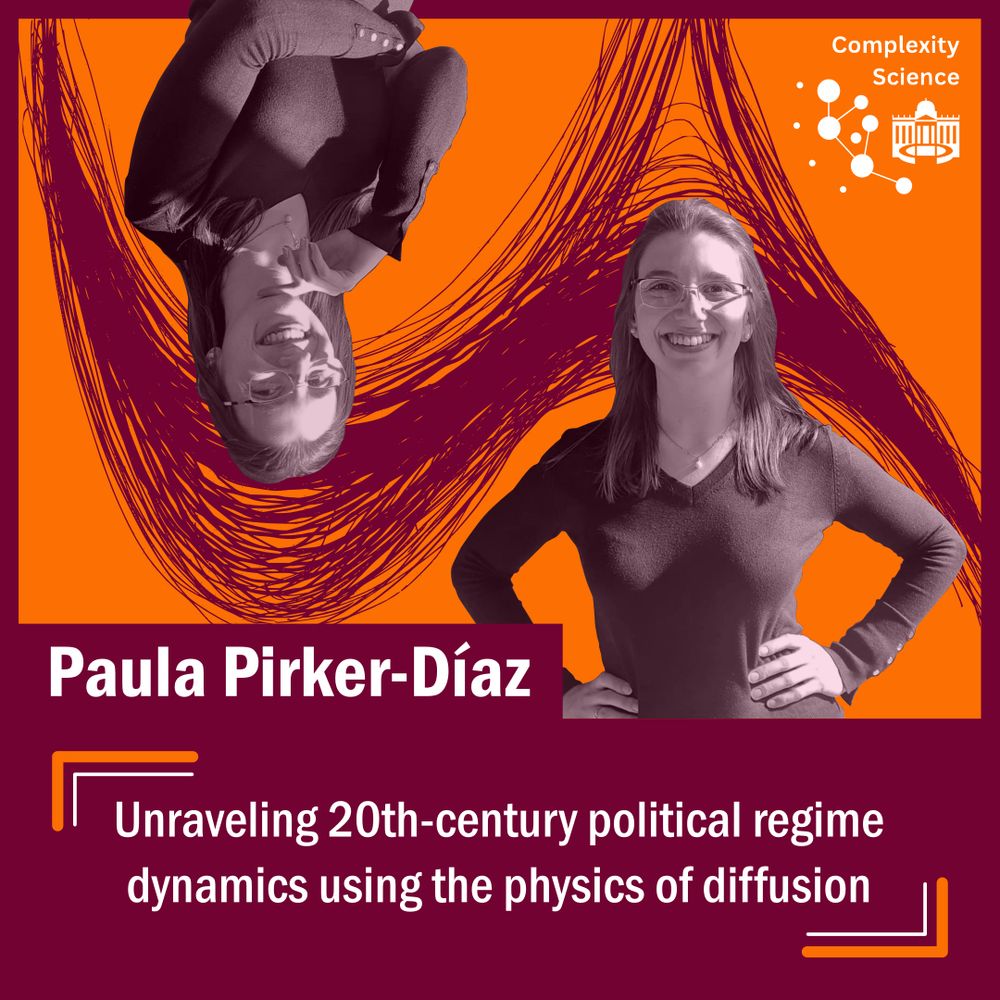
Before joining us, she did her Bachelor's in Physics and Master's degree in Physics of Complex Systems and Biophysics at the University of Barcelona.
Now, let's talk about her current #research!
1/10🧵
#WomenInSTEM #SciCom #Complexity
Sometimes, the emergent structure isn't obvious on first sight. However, when a system shows a certain regularity in its ongoing development, it is a case of emergence. Phase transitions in materials or the relationship between hunter and prey in nature are examples of this form of emergence.
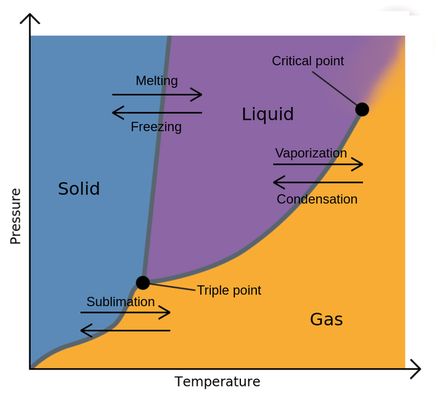
Sometimes, the emergent structure isn't obvious on first sight. However, when a system shows a certain regularity in its ongoing development, it is a case of emergence. Phase transitions in materials or the relationship between hunter and prey in nature are examples of this form of emergence.
Emergence can refer to the physical structures that arise at different physical scales. Proteins, for instance, can form more defined and diverse structures the larger they get, eventually forming enzymes with highly specific biochemical functions.

Emergence can refer to the physical structures that arise at different physical scales. Proteins, for instance, can form more defined and diverse structures the larger they get, eventually forming enzymes with highly specific biochemical functions.
Different dynamics can arise from the interaction of neighbouring cells that follow a set of behavioural rules, as can be seen in Conway's Game of Life.
Different dynamics can arise from the interaction of neighbouring cells that follow a set of behavioural rules, as can be seen in Conway's Game of Life.



We're the Complexity Science group at the University of Potsdam, consisting of professor @karowiesner.bsky.social , post-docs, PhDs, as well as master's and bachelor's students and student assistants.

We're the Complexity Science group at the University of Potsdam, consisting of professor @karowiesner.bsky.social , post-docs, PhDs, as well as master's and bachelor's students and student assistants.
Stay updated on the latest insights into complexity and Karoline Wiesner's research group by following us!

Stay updated on the latest insights into complexity and Karoline Wiesner's research group by following us!
#Complexity can be found anywhere from neural networks and ant colonies, to climatic systems and governments. Here, at the University of Potsdam, the research group led by physicist @karowiesner.bsky.social explores ways to quantify and better understand complexity.


#Complexity can be found anywhere from neural networks and ant colonies, to climatic systems and governments. Here, at the University of Potsdam, the research group led by physicist @karowiesner.bsky.social explores ways to quantify and better understand complexity.

